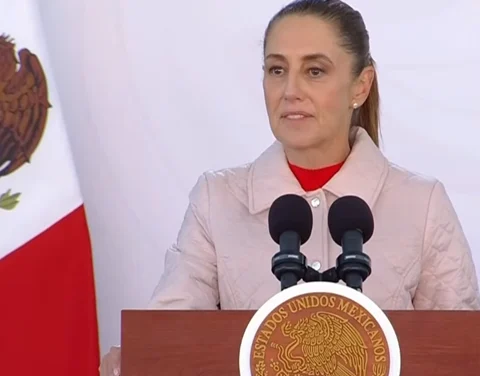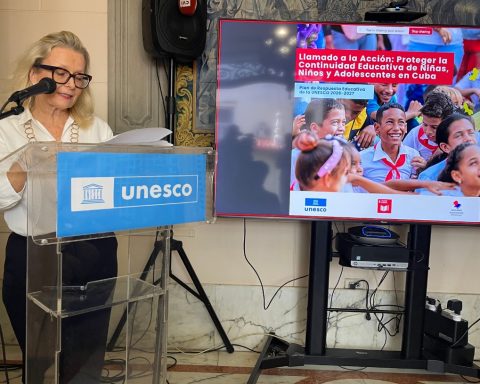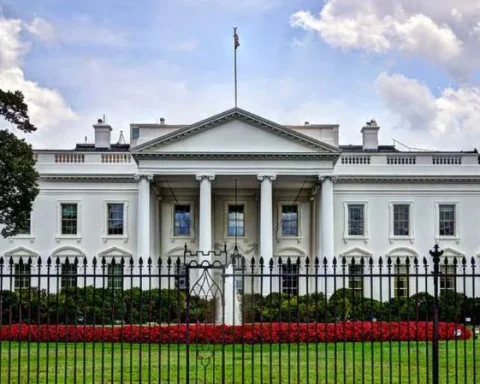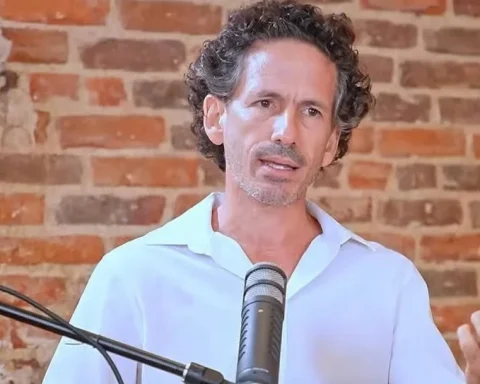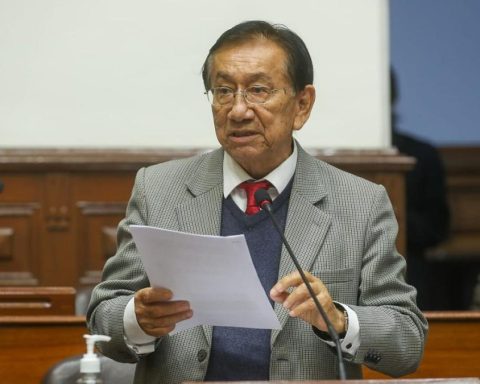As he highlighted, the largest of the Antilles has resisted a severe economic, commercial and financial siege for six decades that causes great deprivation to the Cuban people and constitutes the main obstacle to development.
In his speech in an informal interactive dialogue at the UN on the market for primary inputs, Pedroso offered details on that Washington policy that prevents Cuba from maintaining normal relations with international financial institutions and with companies from other countries.
Likewise, he pointed out, it hinders equal access to the best technologies and the establishment of trade, financing and investment links with the world.
The ambassador rejected the application of unilateral coercive economic measures, incompatible with international law and the United Nations Charter, which make it difficult to comply with the #Agenda2030.
Such actions prevent States from inserting themselves in international markets, including those of basic products, under equal conditions, and in a fair and inclusive manner, he added.
In this sense, Pedroso advocated transforming the unjust international economic order and the existing unequal relations of production and trade.
Likewise, he referred to the need to increase the cooperation of developing countries with the least developed, and contribute to the creation of an international environment conducive to sustainable development.
But real political will is needed if you want to put an end to extreme poverty and even achieve economic growth, the Cuban diplomat observed.
Currently, a reform is needed in international value chains, generally controlled by transnational companies, which would enable developing countries to achieve a higher degree of industrialization of their products, he considered.
“This is essential for the progress of our nations and thus overcome the barriers of underdevelopment, largely inherited by a colonial past,” he stressed.
Pedroso also reiterated Cuba’s support to promote initiatives focused on finding solutions to inequality in the market for basic products and the dependence of developing countries on them.
jha/ifb

